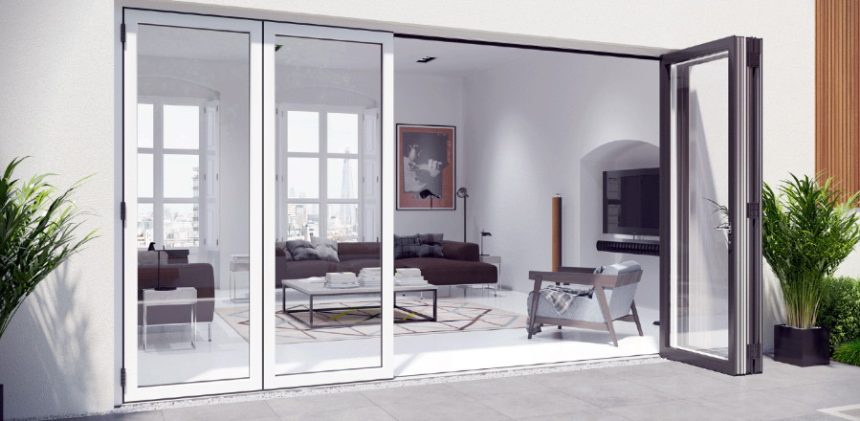In the pursuit of creating energy-efficient homes, the choice of doors can significantly impact a building’s overall thermal performance. In New Zealand, where climate considerations play a crucial role in architectural design, the installation of aluminium French doors has emerged as a strategic choice for optimizing energy efficiency while maintaining aesthetic appeal.
Aluminium French doors have garnered attention for several reasons, especially in the context of New Zealand’s climate dynamics. The country experiences a diverse range of climates, from the subtropical north to the temperate south, necessitating adaptable construction practices that balance comfort and sustainability. In this regard, the use of aluminium French doors presents a compelling solution.
Thermal Performance:
Aluminium is renowned for its excellent thermal properties, making it an ideal material for doors, especially in regions prone to variable weather conditions. French doors crafted from aluminium boast exceptional insulation capabilities, effectively sealing off indoor spaces from external temperature fluctuations. This insulation not only contributes to maintaining a comfortable indoor environment but also aids in reducing energy consumption by lessening the reliance on heating or cooling systems.
Durability and Weather Resistance:
New Zealand’s coastal areas are subjected to salt-laden air and varying weather patterns, demanding robust construction materials. Aluminium, inherently resistant to corrosion and deterioration, proves highly suitable for enduring these environmental challenges. French doors made from aluminium are durable, ensuring longevity without compromising on functionality or aesthetics. They remain steadfast against moisture, UV exposure, and temperature extremes, making them a reliable choice for New Zealand’s diverse climates.
Design Flexibility and Aesthetics:
Beyond functionality, aluminium French doors offer an array of design possibilities. Their versatility allows for customization, enabling homeowners and architects to tailor the doors to complement various architectural styles. The sleek profiles of aluminium frames provide an elegant and modern aesthetic, enhancing the visual appeal of residential and commercial spaces alike. Furthermore, the ability to incorporate double or triple glazing further enhances energy efficiency while reducing external noise infiltration.
Sustainability and Eco-Friendliness:
Aluminium, as a material, is recyclable and possesses a high salvage value. This characteristic aligns with New Zealand’s commitment to sustainability, as it supports eco-friendly building practices. Opting for aluminium French doors contributes to reducing the environmental footprint of construction projects, as the material can be recycled repeatedly without compromising its quality.
Conclusion:
In the realm of energy-efficient construction in New Zealand, the installation of aluminium French doors stands out as a pragmatic choice. Their combination of thermal performance, durability, design versatility, and sustainability aligns seamlessly with the country’s architectural needs. As the construction industry continues to prioritize eco-conscious and energy-efficient practices, the use of aluminium French doors is poised to remain a cornerstone in creating sustainable and comfortable living spaces throughout New Zealand.
In essence, the adoption of aluminium French doors nz represents a harmonious blend of functionality, aesthetics, and sustainability, embodying a forward-looking approach in the construction landscape of New Zealand.

